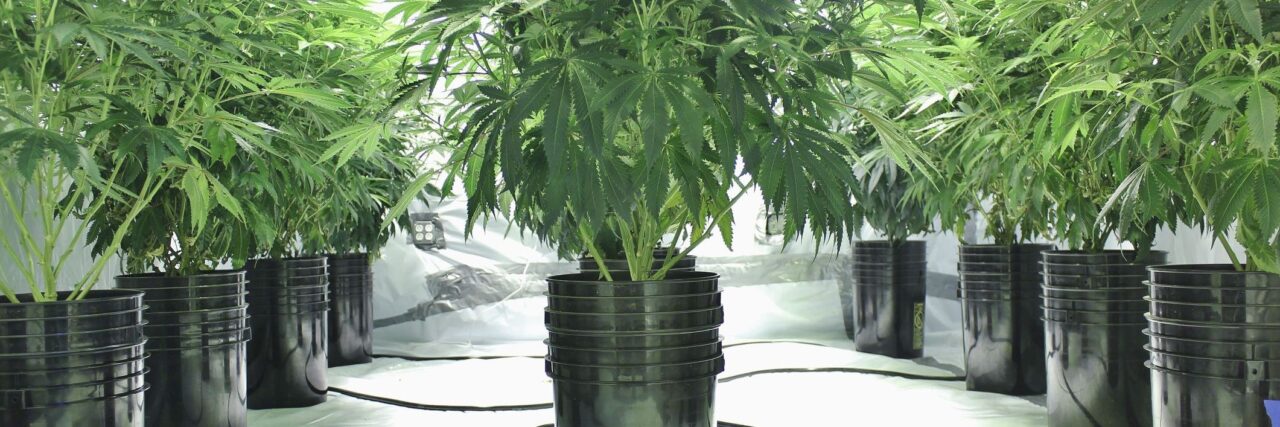In the world of cannabis cultivation, the choice of nutrients plays a pivotal role in determining the health, quality, and potency of the final product. Two primary methods for cultivating cannabis — soil-based and hydroponic systems — employ different nutrient delivery approaches. Understanding the impact of these nutrient variations is crucial for cultivators striving to optimize their yield and quality.
Soil-Based Nutrients
Soil cultivation harnesses the inherent nutrient content in the soil to nourish the cannabis plants. Natural soil provides a diverse array of nutrients, including macronutrients like nitrogen (N), phosphorus (P), potassium (K), calcium (Ca), magnesium (Mg), and micronutrients such as iron (Fe), manganese (Mn), and zinc (Zn). These nutrients contribute to the plant’s growth, structure, and cannabinoid production.
Hydroponic Nutrients
Hydroponic systems, in contrast, involve the delivery of nutrient solutions directly to the plant’s roots, bypassing the soil. Growers have precise control over nutrient concentrations in hydroponics, ensuring an optimized balance of nutrients and minerals essential for robust growth. This method allows for more efficient nutrient absorption by the plants, potentially leading to faster growth and increased yields.
Impact on Cannabis Quality and Potency
The varying nutrient compositions between soil and hydroponic mediums can influence the plant’s uptake of essential compounds. Research indicates that nutrient variations affect the synthesis of cannabinoids, terpenes, and other bioactive compounds, ultimately influencing the aroma, flavor, and potency of cannabis flowers.
Accurate testing and analysis are critical in understanding how different nutrient compositions impact cannabis growth and chemical profiles. Cannabis testing laboratories perform comprehensive analyses to assess cannabinoid and terpene profiles, as well as nutrient content, helping cultivators determine the optimal nutrient mix for desired outcomes.
Importance of Nutrient Testing
Testing soil and hydroponic nutrient solutions ensures they meet the specific needs of cannabis plants. Regular testing allows growers to monitor nutrient levels, identify deficiencies or excesses, and adjust formulations accordingly, maintaining optimal plant health and maximizing yields.
Nutrient variations can affect the production of cannabinoids and terpenes. Rigorous testing helps cultivators understand how different nutrient regimes impact the concentrations of THC, CBD, terpenes, and other bioactive compounds, enabling them to tailor cultivation methods to achieve desired chemical profiles.
In the realm of cannabis cultivation, the choice between soil-based and hydroponic nutrient delivery systems significantly impacts plant growth, chemical composition, and overall quality. Comprehensive testing and analysis of soil and nutrient solutions are indispensable tools for growers seeking to optimize their cultivation methods. Understanding the influence of nutrient compositions on cannabinoid and terpene profiles empowers cultivators to fine-tune their techniques, ensuring the production of high-quality cannabis products that meet consumer demands.



